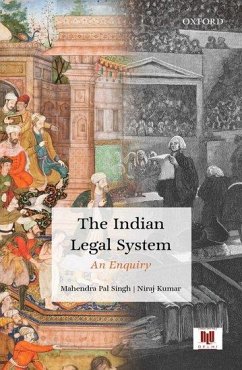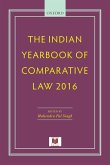The proposed book is an attempt to understand the existence of multiple non-state legal traditions despite the presence of a uniform legal system in India. There is a significant gap that exists between the state-legal system and the practices and preferences of people belonging to different communities. In order to understand this structure, the book goes back to the history of legal system in India and tries to identify the reason behind the prevalence of thesealternative modes. It studies some prominent legal systems of pre-colonial India like the Mughals, and further explores the way Indian legality was transformed during the British rule. The study maps the evolution and growth of the common law system in India and takes into account the factors thatcontributed to the strengthening and acceptance of this system.








